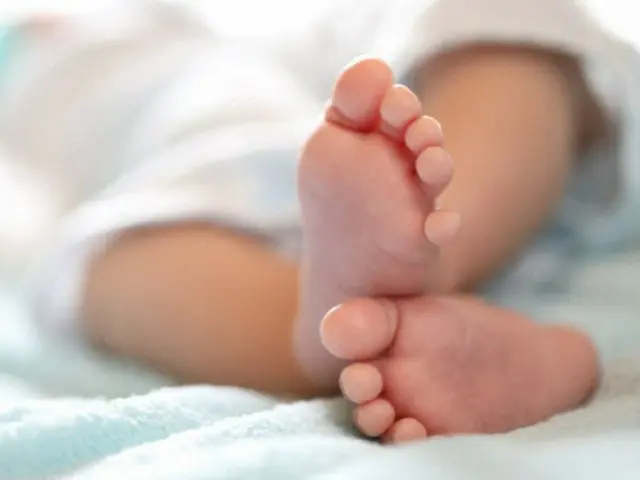Article 251 of the Penal Code prohibits infanticide if the act is committed in order to hide shame, or if the direct lineal ascendant anticipates being unable to raise the child, or if the act is motivated by extenuating motives.
The law stipulates that those who kill infants during or immediately after birth are subject to imprisonment of up to 10 years. In January 2022, a woman who gave birth to her baby at her home in Jeonju, North Jeolla Province, dumped her baby in the toilet bowl.
The woman in her 20s who left the baby unattended for about 30 minutes and then killed it was charged with infanticide and given a three-year prison sentence, suspended for five years.
However, looking at the crime committed by the mother, Ms. A, who is in her 30s, it seems that she was mentally unstable immediately after giving birth.
This was quite different from the usual infanticide cases where a mother in a nursing home killed her baby out of fear, anxiety or terror. Ms. A was born in November 2018 at a hospital in Gunpo City, her fourth child.
She gave birth to her first victim, a daughter. After receiving medical treatment, such as bed rest, she was discharged from the hospital a few hours after giving birth, took her baby and went home.
After much deliberation at home, Mr. A strangled his one-day-old daughter to death. He then placed the baby's body in a black plastic bag and abandoned it in the refrigerator.
She committed the crime some time after giving birth to her daughter. In November of the following year, she gave birth to her second victim, a son, at the hospital and later killed him in a parking lot near the hospital.
Ms. A has three children: a 12-year-old daughter, a 10-year-old son, and an 8-year-old daughter. With three children already, and facing financial difficulties, she is considering having another child with her husband, Mr. B.
It was discovered that he committed the crime because he had been able to get a hold of the bodies. Mr. A once again put the bodies in the refrigerator and kept them there for the bodies of his fourth and fifth children, whom he had killed with his own hands, until he was arrested by the police.
When it was announced that A had been charged with the crime of infanticide, which carries a reduced sentence, some in the legal profession and elsewhere expressed concern. In response, the police held an internal meeting and announced that A had
Because the death occurred some time after the baby was born, it cannot be said that it occurred "immediately after birth," and it was determined that the parents were not financially disadvantaged enough to be unable to raise the baby, so the charge was changed to murder.
Ms. A had been unemployed for a total of three years, including the period from 2018 to 2019 when she committed the crime, but she was not without income as her husband, Mr. B, worked for a company.
It was discovered that the apartment in Jangan-gu, Suwon City where Mr. A was living at the time he was arrested by the police was owned by Mr. A's father-in-law, i.e. Mr. B's father.
Mr. and Mrs. A moved into this apartment at the end of last year, and if they paid a certain amount of security deposit and rent,
However, considering that the house itself was owned by the family, it remains questionable whether Ms. A was in such dire straits that she had to kill the two babies she had given birth to.
The case involved the Board of Audit and Inspection, which conducted an audit of the Ministry of Health and Welfare, after learning that there were cases in which birth records were kept but birth notifications were not filed.
The matter came to light when the police, who had received a request for an investigation, searched Mr. A's home and discovered the bodies of two infants in black plastic bags in the refrigerator.
2024/07/01 09:14 KST
Copyrights(C) Edaily wowkorea.jp 88

